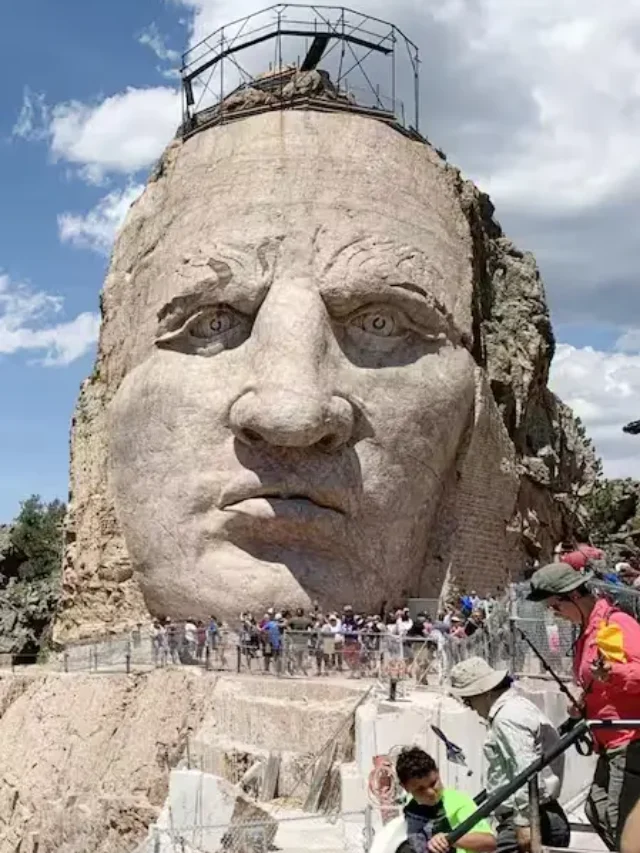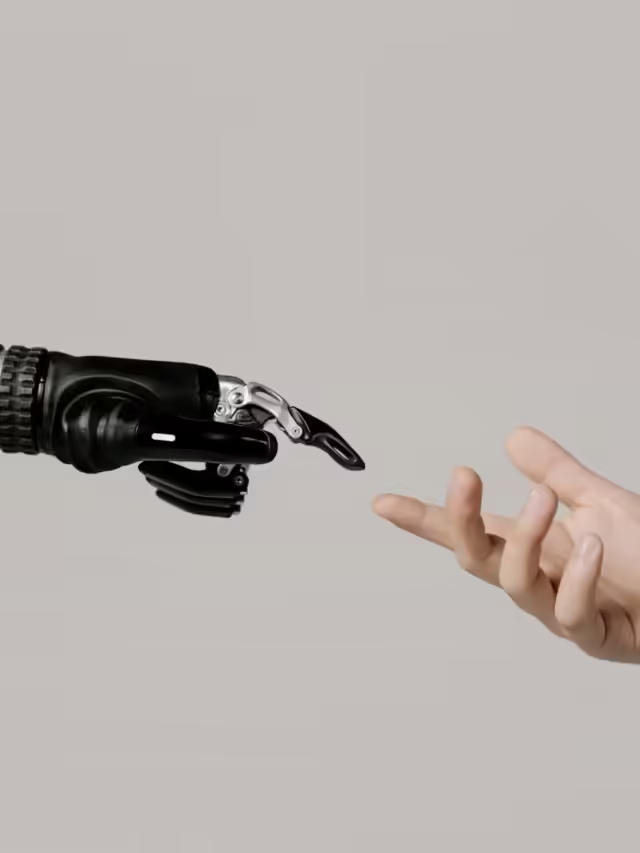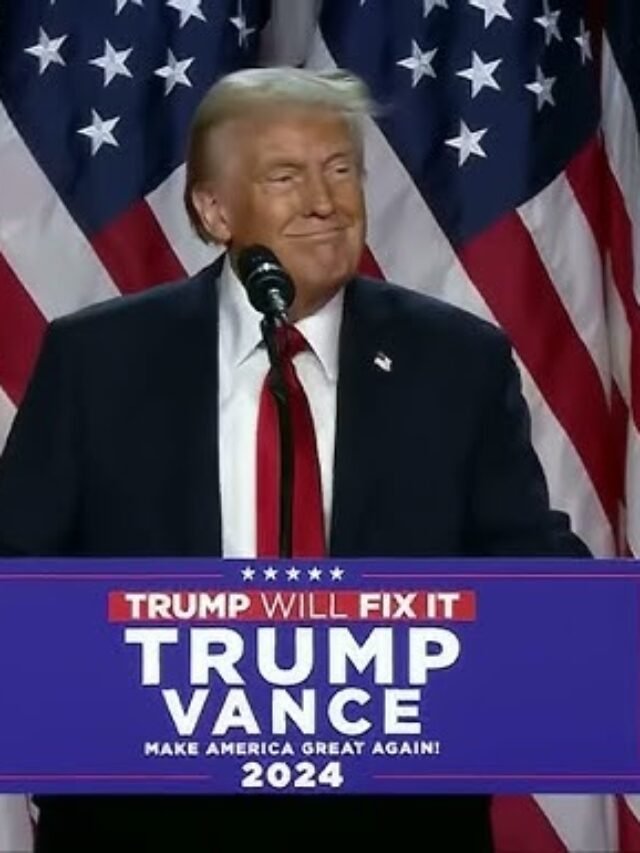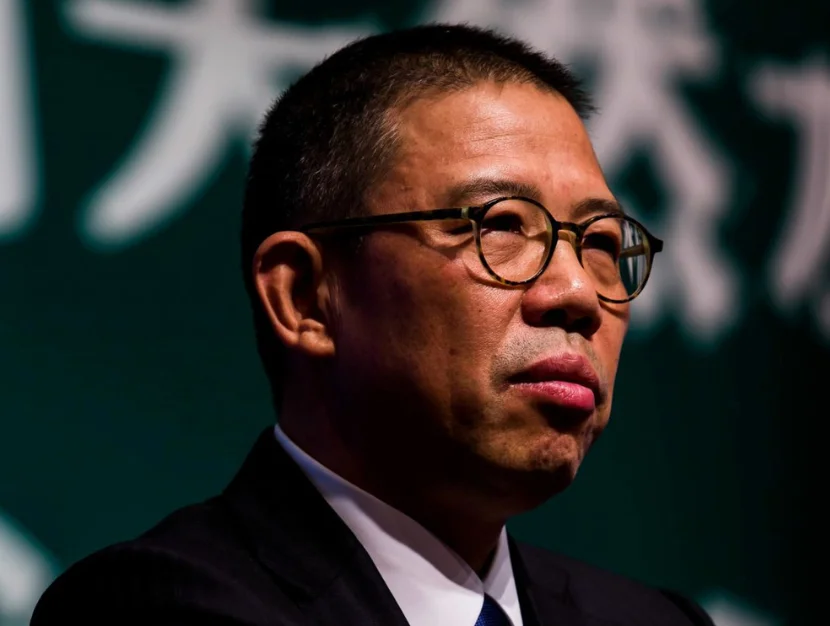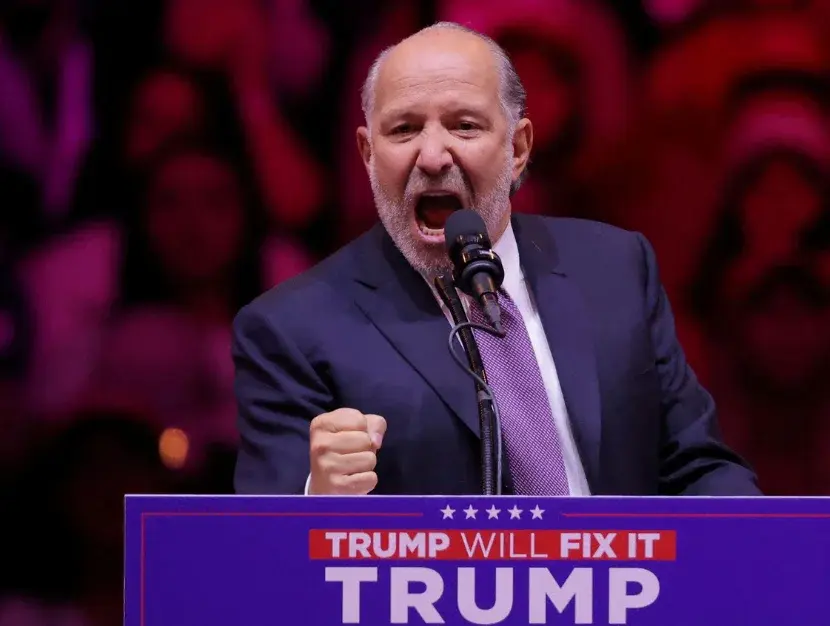Among all the businesspeople, nobody contributed more to the campaign of the now former President of the United States, Donald Trump than Elon Musk.
However, the billionaire and his business empire has pros and cons after Trump secured the presidency in the Tuesday election.
Musk has contributed nearly $119 million to date to a political action committee he created to back Trump, records from the Federal Election Commission show.
He has accompanied Trump to rallies and conducted an interview with him on X, his own social media application.
“He’s bet big here. He jumped into the deep end of the pool on this election,” said Daniel Ives, tech analyst at Wedbush Securities.
Already by early Wednesday, traders expected Trump’s victory to be a victory for Musk’s largest public stake, Tesla (TSLA), which rose by 13% at the start of trading and by 14.95% by the end of regular trading.
That raised the value of the 411 million shares of Tesla that Musk owns on his own by more than $15 billion, or 12,761% on the $119 million he donated to Trump.
Tesla shares rose 14 percent, the most since September 2015, though the stock has been volatile lately and was up just 1 percent this year through Tuesday’s close.
However, there are risks for Tesla, even from Trump’s victory.
Indeed, most of Musk’s huge fortune can be attributed to the government subsidies that Tesla and SpaceX have enjoyed in recent years.
Even if Kamala Harris had emerged the winner, much of that money would have continued to go round.
Even if some of the government support for electric vehicles is now trimmed or cut off, as is likely with Trump’s victory, Musk’s wealth will remain firmly intact. In fact, Tesla could be in a better position if the government withdraws its support for EVs.
The Implication Of A Trump Win For Tesla
Musk posted numerous tweets on his social media platform X late Tuesday and early Wednesday expressing joy over Trump’s win.
“The people of America gave @realDonaldTrump a crystal clear mandate for change tonight,” he wrote in one of them.
Trump has been quite vocal in his disdain for electric vehicles, calling them expensive, with short ranges, and destructive to jobs and the US auto industry.
But what might appear as the greatest loss for Tesla from another Trump presidency — the cut, if not the elimination of federal support for EVs — might not be all that detrimental to Tesla and Musk.
But other policies that are the key points of Trump’s programs can become critical issues.
Trump has promised to do away with something he refers to as Biden’s EV mandate, although there is no such mandate in the first place, and it is not clear what he is talking about.
However, under Biden, there has been considerable government support for constructing and purchasing EVs such as billions of dollars of loans to spur manufacturers to put up factories to build EVs and batteries in the United States, support for charging stations, and a $7,500 tax credit to many buyers of electric cars.
Most analysts are convinced that Trump will shut down those programs.
Trump could order the Treasury Department to change the rules that determine when car buyers qualify for the credit, making the tax credit much less accessible.
Or if Trump has a Republican-controlled Congress he could get legislation passed to remove the credit all together.
However, Musk has said this concerning the end of the tax credit as Tesla views it as an advantage to traditional auto manufacturers to shift to the EV market and increase competition.
“Take away the subsidies. It will only help Tesla,” Musk posted on X in July. This is due to the improved competition, Tesla’s sales in the global market have reduced by 2% in the first nine months of this year as compared to the last year.
The only consolation was that both sales and profit were able to increase in the third quarter, albeit for the first time the company experienced such a drop in its history.
Self-driving Vehicle Policy Might Shift
Trump may be more inclined to approve Musk’s true self-driving cars, not yet produced, Ives said, as well as a host of self-driving so-called “robotaxis” to provide rides with no driver at all.
Garrett Nelson, an analyst with CFRA Research, concurred. “In our opinion, Tesla and its CEO Elon Musk are among the biggest beneficiaries of the election outcome and we expect Trump’s win to accelerate the approval of the carmaker’s autonomous driving system,” he wrote in a note to clients on Wednesday lifting his rating on Tesla shares to ‘Buy’ from ‘Hold.’
He increased his target price for the stock to $375 a share from $12-month price target by $110.
Thus far, Tesla’s current driver aids, Autopilot and Full Self-Driving, or FSD, are under investigation by federal safety authorities after a series of accidents involving the technology.

Those investigations could hamper approval of true self-driving Tesla cars being allowed on roads, even though Musk has notoriously claimed that Teslas equipped with FSD are safer than those driven by humans. “Under Trump those investigations could slowly disappear,” Ives said.
Some of the government support for EVs will not disappear in Trump’s next administration either.
In addition to the buyers’ tax credit, most of the taxpayers’ money being used to fund EV development comes in the form of government loans to auto makers and their suppliers to construct plants in the southern ‘red’ states.
It is improbable that Trump would want to reduce that support, and the prospect of jobs in those states, even if they will one day rival Musk and Tesla.
Legacy auto companies say they will continue with their strategies of manufacturing and marketing more EVs in the future.
Some people argue that EVs are the future for the industry, although the pace of its growth has recently decelerated.
“It is not a strategy where we handicap the presidential election or the next one and the next one and see what we can get away with the EPA,” said Ford CEO Jim Farley to investors in July.
The only way we think we can sustain ourselves is to make money on small EVs. And that’s our bet.”
The automakers are seeking to increase their sales of EVs so that the firms can meet tighter environmental standards in the United States, Europe, and Asia.
Even if Trump is able to persuade the EPA to alter emission rules here, auto makers will still have an incentive to continue to build EVs to meet requirements elsewhere, or when other environmental standards are higher in many US states, including California, which has its own stricter emission standards that are followed by many other states.
Some insiders opine that they do not think the growth of EV sales will halt even if Trump alters the emission rules, which is partly due to increasing consumer pull.
“We might see a much slower adoption of EVs (with a regulation change),” said Jeff Schuster, global head of automotive at GlobalData, an industry consultant.
“But with all the investment, we’re not likely to see it reversed.”
Mr Trump’s Policy On China Could Harm Tesla
The bigger issue for Tesla with Trump’s win is that there could be a renewed trade war with China, said Ives, given the significance of its factory in Shanghai to its international revenues and margins.
Trump will be much harsher on China, and then the negatives could outweigh the positives for Tesla, Ives said.
China market accounts for more than 40% of all deliveries. Tesla would be caught in the cross fire.”
And it could also be a problem for Tesla if Trump appoints Musk to head his administration’s efforts to reduce what they refer to as government over-burdens, as both have discussed during the campaign.
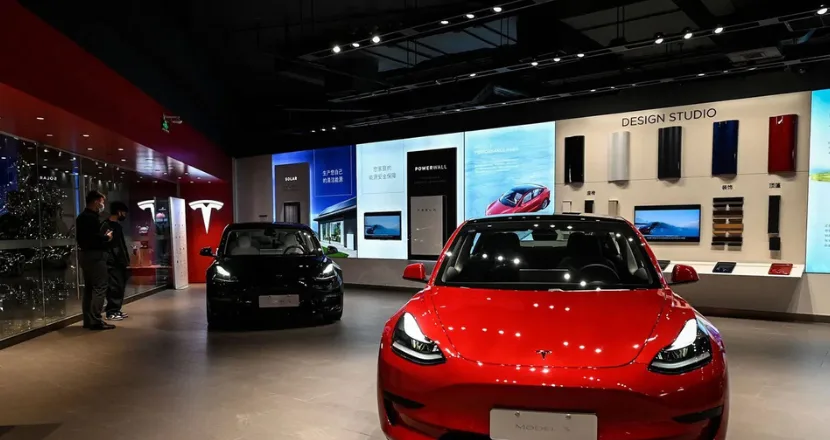
Regardless of the outcome of those endeavors, and whether Musk does or does not have an official or unofficial government position in Trump’s new administration, the last thing that Tesla shareholders would want is for Musk to be pulled away from his responsibilities at Tesla even more, said Ives.
Less Impact On Spacex And X
Musk’s other primary business, SpaceX, would likely not have had much different relations with the federal government regardless of who is elected.
Its main rival, Boeing, is facing major issues with spacecraft that NASA has hired to transport astronauts to and from the International Space Station.
X has been owned by Musk and its actions of spreading misinformation have been criticized by many especially Democrats.
But it has not been shut down or hampered by government action even under Biden, and the new Trump administration likely also will not act against it.
And given the financial losses since his purchase of the company, it is now a relatively small part of Musk’s overall wealth.
